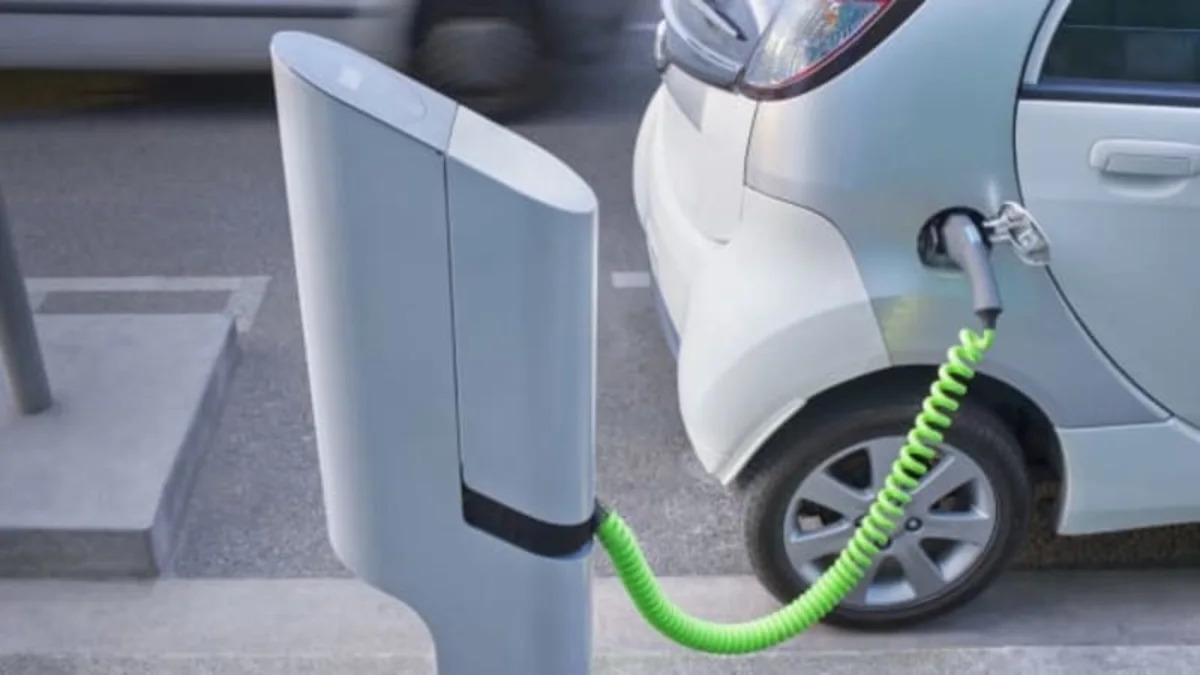Limited charging stations are forcing once chummy EV drivers who felt part of a special brotherhood to turn to energy thieving and public shaming in order to score a charge, according to The San Jose Mercury News.
The phenomenon, dubbed "charge rage," is making it even harder to be green. One company currently dealing with the growing problem is SAP, a German software company. It installed 16 EV charging stations in its Palo Alto, Calif. office back in 2010. Three years later, the company now has 61 EV drivers and no additional charging stations.
"In the beginning, all of our EV drivers knew each other, we had enough infrastructure, and everyone was happy. That didn't last for long," Peter Graf, SAP's chief sustainability officer, told the Mercury News. "Cars are getting unplugged while they are actively charging, and that's a problem. Employees are calling and messaging each other, saying, 'I see you're fully charged, can you please move your car?'"
"Charge rage" isn't exactly threatening. Electric vehicle owners often express their anger by passive-aggressively unplugging someone else's car or sending email blasts to coworkers hogging the juice.
The phenomenon, dubbed "charge rage," is making it even harder to be green. One company currently dealing with the growing problem is SAP, a German software company. It installed 16 EV charging stations in its Palo Alto, Calif. office back in 2010. Three years later, the company now has 61 EV drivers and no additional charging stations.
"In the beginning, all of our EV drivers knew each other, we had enough infrastructure, and everyone was happy. That didn't last for long," Peter Graf, SAP's chief sustainability officer, told the Mercury News. "Cars are getting unplugged while they are actively charging, and that's a problem. Employees are calling and messaging each other, saying, 'I see you're fully charged, can you please move your car?'"
"Charge rage" isn't exactly threatening. Electric vehicle owners often express their anger by passive-aggressively unplugging someone else's car or sending email blasts to coworkers hogging the juice.
If EVs are to be successful and gain mainstream acceptance, a functioning infrastructure will be required. The CEO for ChargePoint, operator of the world's largest charging network, told the Mercury News that employers need to provide at least one charging station for every two electric vehicles.
According to the Department of Energy there are 5,000 public charging stations in the state of California, but there are 20,000 electric cars in Northern California alone.
Owning an EV
Electric cars like the Nissan Leaf, and extended-range electric vehicles like the Chevy Volt represent a new way of driving. Depending on driving habits, the prevailing deal from the automaker and the cost of gasoline, EVs and extended-range RVs can make a lot of sense. But owning one is a bit of a lifestyle choice. Getting the most out of free charging spaces, takes a bit of planning, commitment and organization.
An EV owner can recharge anywhere there is an electric outlet. But it is advised to have access to at least a 220-volt dedicated recharger in one's garage. The cost of these chargers varies from about $1,500 to a few thousand dollars. Utility companies, though, have generous rebates on such chargers.
An increasing number of companies and parking garages/structures, shopping malls, airports, universities, libraries, mass-merchandise stores, public buildings are equipped with electric chargers. There are smart-phone apps that tell you where chargers are. The ideal situation for an EV owner is to have a re-charger at home, and one available at their place of work. Here is a link to find charging stations.
There are arguments and debates all the time about whether these vehicles pay the driver back based on the higher purchase price. Figuring it out for yourself, though, takes a clean sheet of paper, a sharp pencil and a calculator. Here is a link to find out about state incentives. And here is an online calculator that helps figure out your costs based on your driving habits and the car your are considering.






Sign in to post
Please sign in to leave a comment.
Continue